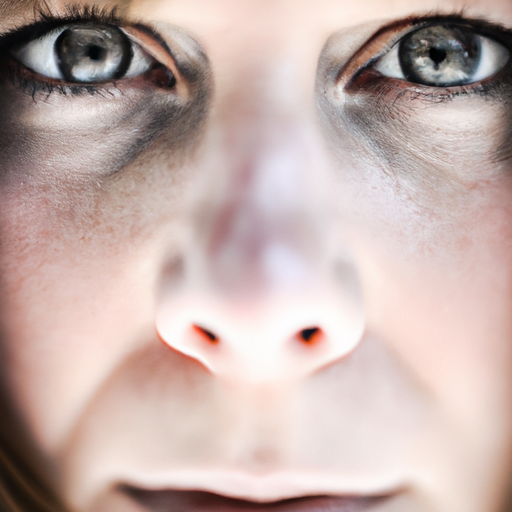As a skincare expert, I have often been asked about the importance of moisturizing and its impact on the skin. The truth is, moisturizing is not just a cosmetic luxury, but a necessity for maintaining healthy skin. It is a fundamental part of our daily skincare routine that plays a crucial role in keeping our skin hydrated, soft, and supple.
The skin is the largest organ of our body and acts as the first line of defense against external factors such as pollution, UV rays, and harsh weather conditions. It is constantly exposed to these elements, which can strip away its natural oils, leading to dryness, dullness, and premature aging. This is where moisturizing steps in. By replenishing the lost moisture, it helps maintain the skin’s natural protective barrier, thereby promoting its overall health and vitality.
Moisturizers are primarily composed of ingredients that attract and hold water, such as hyaluronic acid and glycerin. These ingredients work by absorbing moisture from the air and locking it into the skin. This not only helps combat dryness but also gives the skin a plump, youthful appearance.
Moreover, moisturizers are often enriched with essential nutrients and antioxidants that nourish the skin and protect it from oxidative damage caused by free radicals. They also contain emollients like ceramides and fatty acids that fill in the gaps between skin cells, smoothing out rough texture and reducing the appearance of fine lines and wrinkles.
For those with oily or acne-prone skin, the idea of applying a moisturizer might seem counterintuitive. However, even oily skin needs hydration. In fact, when the skin is dehydrated, it tends to produce more oil to compensate for the lack of moisture, which can lead to clogged pores and breakouts. Using a lightweight, non-comedogenic moisturizer can help balance oil production while keeping the skin hydrated.
Furthermore, moisturizing plays a key role in the skin’s natural repair process. At night, while we sleep, our skin goes into recovery mode, repairing the damage caused during the day. Applying a moisturizer before bed provides the skin with the hydration and nutrients it needs to effectively carry out these repair processes.
However, it’s important to remember that not all moisturizers are created equal. The type of moisturizer you should use depends on your skin type, climate, and personal preferences. For instance, those with dry skin might benefit from a rich, cream-based moisturizer, while those with oily skin might prefer a lightweight, gel-based formula.
In addition, while moisturizing is essential, it should not be the only step in your skincare routine. It should be complemented with other skincare practices such as cleansing, exfoliating, and applying sunscreen to ensure optimal skin health.
In conclusion, moisturizing is more than just a step in your skincare routine. It is a vital practice that helps maintain the skin’s health and youthful appearance by providing hydration, nourishment, and protection. Whether you have dry, oily, or combination skin, incorporating a suitable moisturizer into your daily skincare routine can make a world of difference in the look and feel of your skin. So, unmask the truth and embrace the real impact of moisturizing on your skin.



